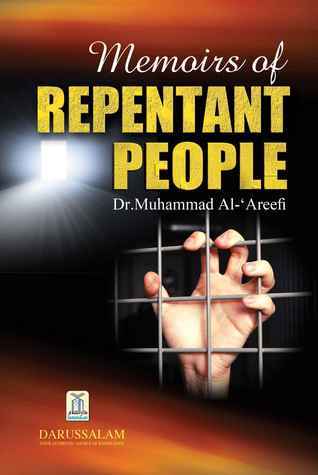
Once an Arafat Man: The True Story of How a PLO Sniper Found a New Life
Book Description
Beneath the shadows of conflict and despair, a young sniper finds the power to rewrite his destiny. Torn between loyalty to the PLO and a burgeoning quest for humanity, Tass Saada's journey unfolds against a backdrop of war and hope. With gripping experiences that challenge his beliefs and ignite a fierce longing for peace, Saada navigates a treacherous path from combatant to compassionate advocate. Can one man's transformation in a world steeped in violence inspire change across generations? Join Saada as he discovers the true cost of conflict and the unyielding strength of forgiveness.
Quick Book Summary
"Once an Arafat Man" recounts the remarkable journey of Tass Saada, a Palestinian who grew up amid violence in the Middle East and became a sniper for the Palestinian Liberation Organization. Immersed in the conflict and driven by vengeance against Israel, Saada was entrenched in warfare and hatred from a young age. His life took an unexpected turn after immigrating to the United States, where he encountered Christian faith and was compelled to confront his prejudices and worldview. Saada’s personal transformation—from militant to peace advocate—serves as a testament to the power of forgiveness, reconciliation, and faith. The memoir explores how genuine change is possible even after a life shaped by violence, and it challenges readers to reconsider perspectives on conflict, identity, and redemption.
Summary of Key Ideas
Table of Contents
Journey from Hatred to Understanding
Tass Saada’s story begins in tumultuous Gaza and Saudi Arabia, shaped profoundly by displacement and war. Forced from his home during childhood by the birth of Israel, he grew up witnessing suffering and instability. As a teenager, Saada was drawn into the Palestinian resistance, finding both identity and purpose as a fighter against those he viewed as oppressors. His skills as a sniper positioned him as a valuable asset to the PLO and brought him close to infamous leaders like Yasser Arafat. This section of his memoir reveals not only the brutality of conflict but also the powerful social and familial forces that steer young men toward violence.
Transformation through Faith
Amidst intense commitment to the PLO’s cause, Saada emigrated to the United States seeking new opportunities. The transition was jarring, presenting both freedom and alienation. In this new land, his worldview was tested—particularly through exposure to diverse people and beliefs, including Christianity. A pivotal encounter with a Christian businessman challenged Saada’s understanding of his own faith and enemy perceptions. Wrestling with these tensions, he gradually confronted deep-seated animosities, opening up to the possibility of a new way of life.
Reconciliation across Divides
Saada’s conversion to Christianity marked a radical, internal shift. No longer driven by vengeance, he grappled with the teachings of forgiveness and reconciliation found in the Gospel. This section of his life was filled with both joy and hardship, as he faced suspicion from his own community and wrestled with his past. Yet, embracing faith empowered Saada to reach beyond old boundaries, seeking restored relationships not only with Israelis but also with estranged family and friends. His story underlines the immense personal cost—and incomparable reward—of pursuing real transformation.
Cost and Power of Forgiveness
With newfound purpose, Saada committed himself to bridge-building and advocacy for peace in the Middle East. He established initiatives to foster dialogue and support for vulnerable children in the region, demonstrating his dedication to reversing cycles of violence. The memoir explores the many obstacles inherent in peace efforts—from lingering mistrust to political complexities—yet Saada’s active steps toward reconciliation reveal both the challenges and hope involved. He stands as a living example of how personal redemption can catalyze broader societal healing.
Pursuit of Lasting Peace
Ultimately, "Once an Arafat Man" offers a compelling vision of hope. Saada’s testimony calls readers to reflect on their own prejudices, the nature of forgiveness, and the possibility of unity amid historical enmity. The book amplifies the message that transformation is possible for individuals, families, and even nations. Through the courage to confront the past honestly and embrace forgiveness, Saada’s journey illuminates pathways to peace, underscoring that even in the darkest circumstances, renewal is within reach.
Download This Summary
Get a free PDF of this summary instantly — no email required.





